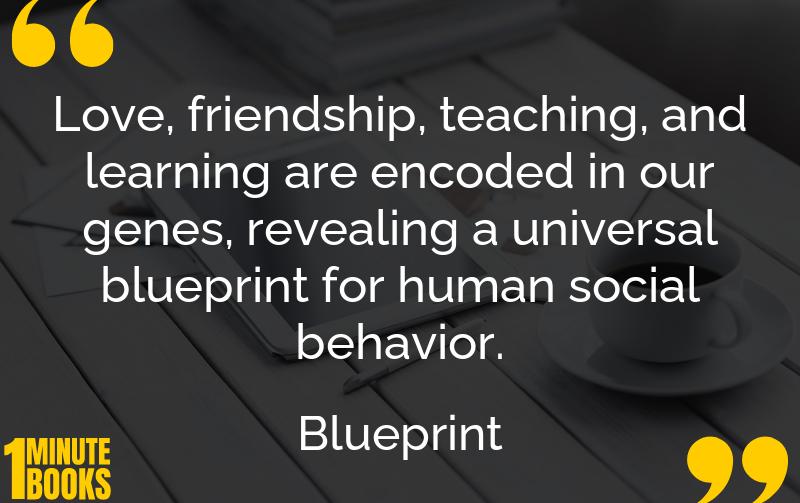
This book delves into how human social behavior is influenced by genetic predispositions, particularly the ‘social suite,’ shaping love, friendship, and cooperation for societal benefit.
Main Lessons
- The ‘social suite’ encompasses love, friendship, teaching, and a preference for those similar to us.
- The age-old debate of nature versus nurture highlights the interplay between genetic predispositions and environmental influences.
- Historically, shipwrecks illustrate inherent human social behaviors under extreme conditions, emphasizing cooperation as a survival advantage.
- Love is an evolutionary trait universal across cultures, aiding in familial and societal stability.
- Friendship is a fundamental human characteristic, supported by evidence of mutual aid and trust across societies.
- In a digital world, cooperation amongst individuals can be fragile, easily disrupted but integral to human behavior.
- Humans share social and survival traits with other species like elephants and apes, showcasing evolutionary convergence.
- Culture is a transformative evolutionary trait, essential for human adaptation and survival across diverse environments.
- The interplay of genetics and culture defines human identity and societal evolution, reflecting the interconnectedness between nurture and nature.
- Human resilience and societal advancement are driven by the seamless integration of cultural and genetic elements.








